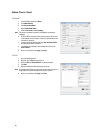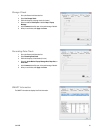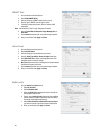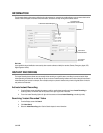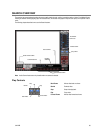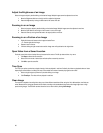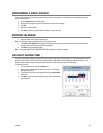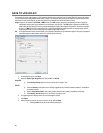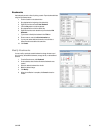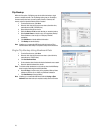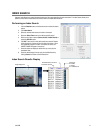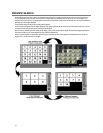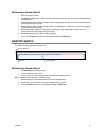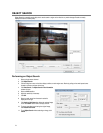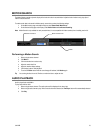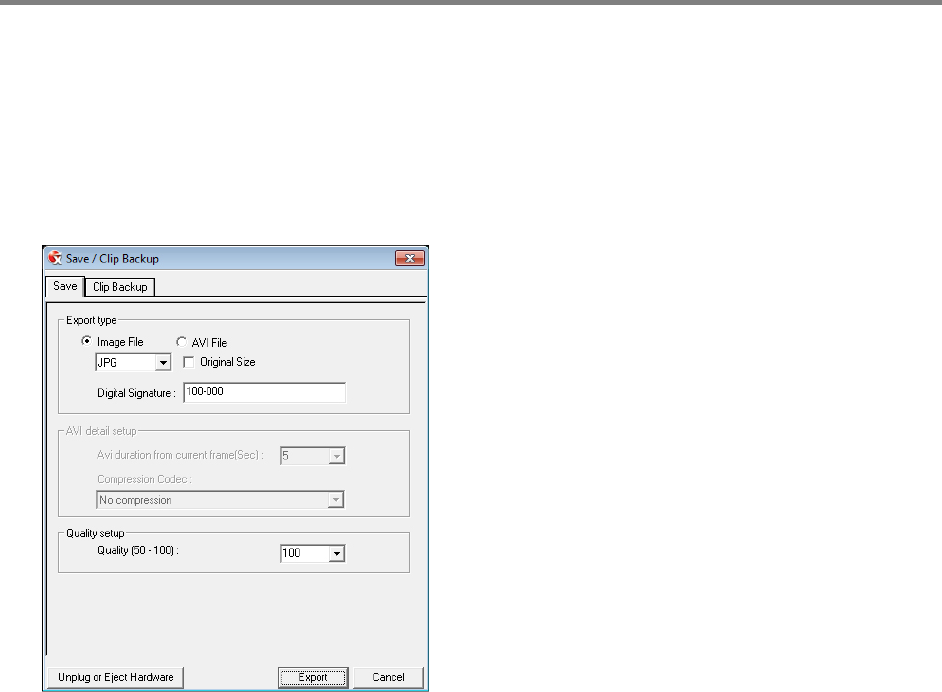
68
SAVE TO JPG OR AVI
The recorder can export single images in a JPG Image file format and save video clips in an AVI format. Both JPG and AVI file formats
are the most commonly used graphical formats today. Virtually every computer offers some type of support for these file formats which
make them the most ideal formats to use. Only one camera can be selected at a time for this function to work.
Image Images can be exported in JPG, PNG, or BMP formats. The JPG format is optimized for compressing full-color or grayscale
photographic images (uses lossy compression, and will create a small file size). The PNG format is designed to maintain more
quality while still compressing full-color or grayscale photographic images (uses a lossless compression, and will crea a medium
file size). The BMP format can be used for full-color or grayscale photographic images (uses little, or no compression, and will
create a large file size). Use any of these options to export a single image or frame.
AVI AVI image data can be stored uncompressed, but it is typically compressed using a Windows-supplied or third party compression
and decompression module called a codec. AVI is used to export a video clip.
1. From the Search screen, click Save.
2. Select the Export Type: Image File (JPG, PNG, or BMP) or AVI File.
Image File
a) Select Quality (50-100). When size is not an issue, set the quality to 100.
AVI File
a) Enter the duration (in seconds) to save. Although suggestions are provided, a selection between 1 and 3600 can
be entered manually.
b) Select a Compression Codec. Each codec provides different levels of quality, compatibility and file-size.
c) Select Quality - 50>100. When size is not an issue, set quality to 100.
3. The digital signature is already entered, but can be changed if required.
4. Click Export.
5. Select a location to save the file, enter a name for the file, and click Save.
c. Clicking Cancel will exit the window without exporting file.



